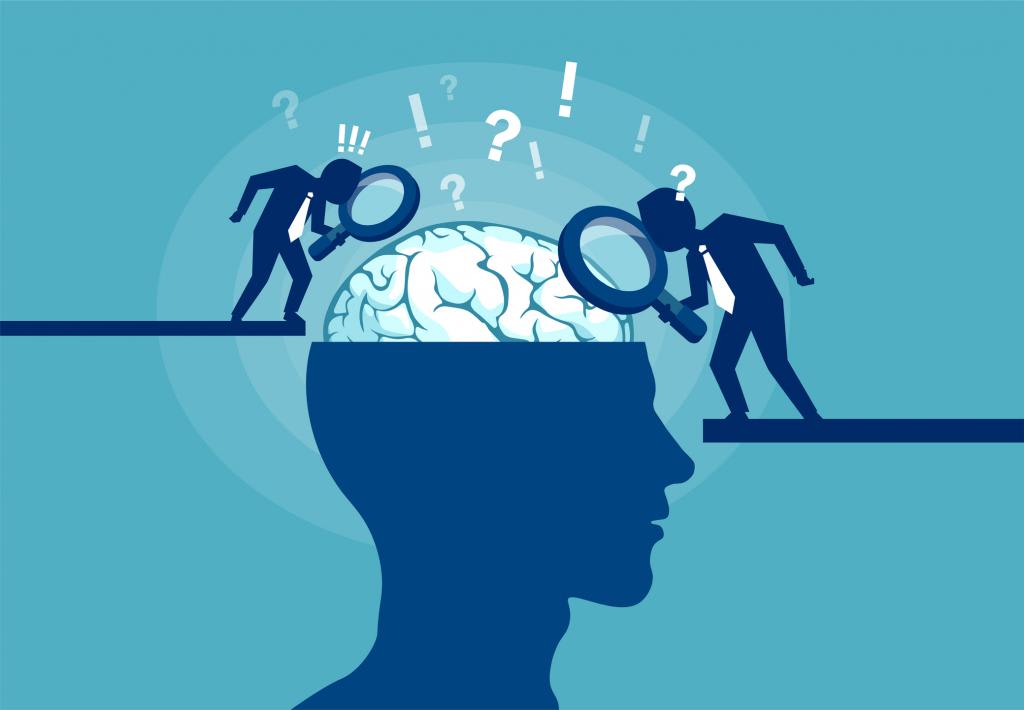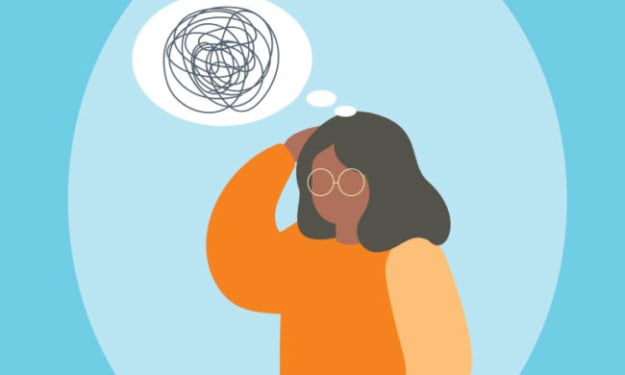
Participants in a research conducted in the 1990s recalled being lost in a mall as kids. Some recalled these events vividly, recalling even the old man's flannel shirt that he had been saved by. However, none of these individuals had ever truly gotten lost in a mall. When the psychologists conducting the study told them they had been lost and, although they might not recall the occurrence, their parents had confirmed it, they conjured up these fake memories. Furthermore, a fifth of the participants claimed to have remembered becoming lost, not just one or two. These results might seem absurd, but they actually reflect a relatively typical experience. Sometimes it's hard to trust what we remember. And although though we still don't fully understand the neural factors that contribute to this fallibility, research has shown some of the most frequent ways our memories wander from the truth. The mall study demonstrates how, unknowingly, we can transfer details from other people's or the news into our own personal memories. One of the influences on our recollections is this form of suggestibility. Consider a another study where participants were shown a brief presentation of a random selection of images, including pictures of a university campus that none of them had ever been to. A majority of participants responded that they had most likely or certainly visited the college in the past when they were given the photographs three weeks later.
The participants transferred information from one context—a visual they had seen—to another—a memory of something they thought they had truly experienced—by making errors of interpretation. In a another experiment, participants were instructed to visualize a lollipop after seeing a picture of a magnifying glass. They often remembered seeing the magnifying glass and the lolly. Whether they actually saw the objects or just imagined them, they had trouble connecting them to the proper context. Another study that illustrates yet another type of influence on memory was asking over 2,000 people about their opinions on the legalization of marijuana. In 1973 and 1982, participants responded to questionnaires. People who claimed to have opposed marijuana legalization in 1982 but had supported it in 1973 were more likely to remember that they had genuinely opposed it then, bringing their previous opinions into line with their present ones. Our memories of how we felt in the past may be skewed by our current beliefs, emotions, and experiences. In a different study, participants were divided into two groups and given background information on a historical conflict before being asked to rate the likelihood that each side would prevail. The only difference in the information they provided to either group was that only one group learned who had truly won the battle, leaving the other group in the dark. Theoretically, the responses from both groups should be comparable because the chances of each side prevailing is unaffected by the outcome; for example, if there is a 20% risk of thunderstorms and one occurs, the chance of thunderstorms does not thereafter increase to 100%. Even still, those who knew how the conflict ended gave the victorious side a higher likelihood of victory than those who did not. All of these memory flaws may have detrimental effects in the real world. Suggestion may lead to inaccurate identifications or unreliable confessions if police interrogate suspects or eyewitnesses using leading questions.Inaccurate eyewitness testimony can result from misattribution even in the absence of leading questions. If a judge declares a piece of evidence inadmissible and instructs the jury to dismiss it, they might not be able to in a courtroom. If a patient seeks a second opinion in a medical environment and the second doctor is aware of the first one's diagnosis, such information may sway their judgment. Our memories are not objective observations of reality, but rather fallible representations of it. And while in itself may not be problematic, issues might occur when we regard memory as fact rather than acknowledging this basic truth about the structure of our memories.
About the Creator
Niks
I deliver Informative content.






Comments
There are no comments for this story
Be the first to respond and start the conversation.